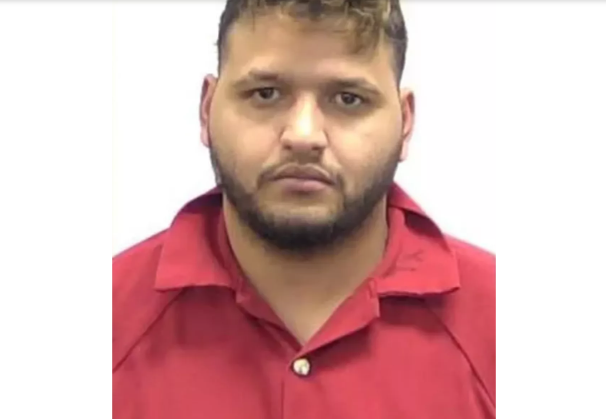Jose Ibarra, a 26-year-old Venezuelan national, was found guilty on Wednesday of the gruesome murder of 22-year-old nursing student Laken Riley, in a case that has gripped the nation and fueled heated debates over immigration policies. The verdict was delivered by Athens-Clarke County Superior Court Judge Patrick Haggard, concluding a four-day trial in Athens, Georgia.
Ibarra, an illegal immigrant and alleged member of the Tren de Aragua gang, was convicted on multiple charges, including malice murder, three counts of felony murder, aggravated assault with intent to rape, aggravated battery, kidnapping with bodily injury, and tampering with evidence. The charges stemmed from Riley's brutal killing on February 22, when she was attacked during a morning jog near the University of Georgia campus.
The courtroom was tense as the verdicts were announced. Sobs echoed through the gallery, where Riley's grieving family sat, clutching hands and shedding tears. In stark contrast, Ibarra remained motionless, showing no visible reaction as the judge read the guilty verdicts. The trial brought to light chilling details of the crime, supported by extensive DNA evidence and security footage, which prosecutors argued left no room for doubt about Ibarra's guilt.
Prosecutor Sheila Ross, in her closing arguments, stated, "Laken herself has given you all the evidence you need alone to find this man guilty of every single count in this indictment." She described how Riley's resistance to her attacker provided critical physical evidence that ultimately sealed the case against Ibarra. "It is a direct result of that fight that gives you all the physical evidence you need to convict," Ross said.
Riley, a nursing student at Augusta University, was reported missing by her roommates when she failed to return home. Hours later, her body was discovered in a wooded area with visible injuries. The Athens-Clarke County coroner later confirmed that she died from blunt force trauma to the head. Police revealed that her skull had been severely disfigured in the attack.
Defense attorney Kaitlyn Beck attempted to cast doubt on the prosecution's case, suggesting that Ibarra's brother, Diego Ibarra, might have been the true perpetrator. She argued, "There are two alternative theories here: either Diego was responsible for Riley's murder, or Jose was an accomplice after the fact." Beck also raised concerns about possible DNA contamination, noting that the brothers often shared clothing and a bed. However, the judge found these arguments unconvincing in light of the overwhelming evidence presented by prosecutors.
Riley's death has drawn significant national attention, particularly after it was revealed that Ibarra had entered the United States illegally in 2022. The case has become a flashpoint in the immigration debate, with figures like former President Donald Trump meeting with Riley's family and citing the tragedy as a call for stricter border policies. Trump described the incident as a "horrific consequence" of lax immigration enforcement.
Critics, however, have pushed back against the politicization of Riley's murder. While the case has undeniably highlighted gaps in immigration enforcement, Riley's family emphasized that their primary focus remains justice for Laken. Speaking during the trial, a family representative said, "This is about holding the person responsible for her death accountable, not advancing political agendas."
The trial also brought attention to Ibarra's alleged ties to the Tren de Aragua gang, a notorious criminal organization originating in Venezuela. Prosecutors described Ibarra as a man devoid of remorse, noting his apparent nonchalance during police questioning, where he allegedly "giggled" while discussing the case.




